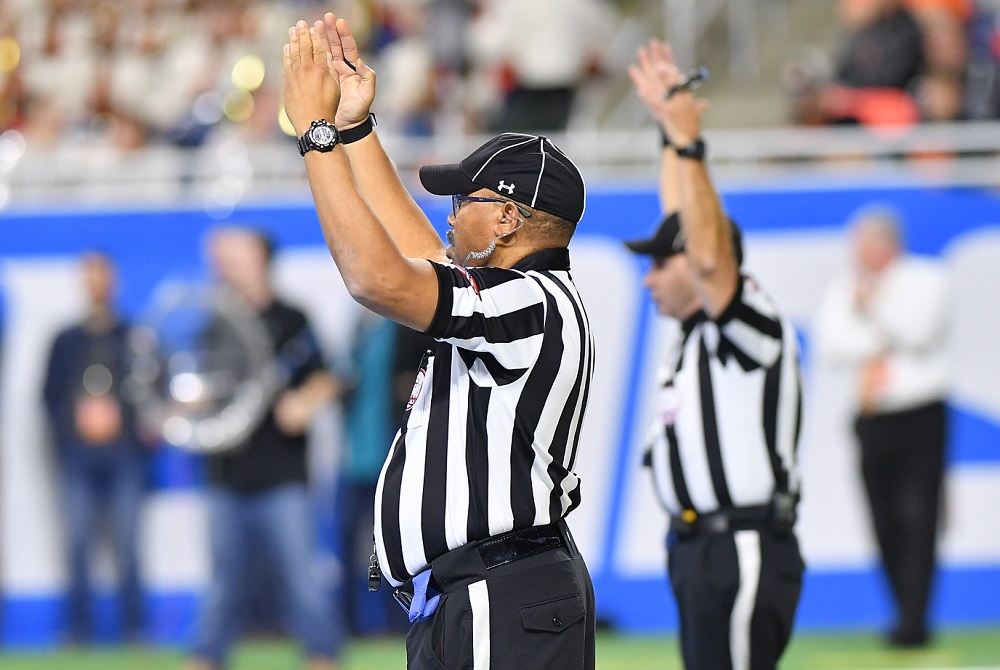
Official Treatment
March 7, 2014
A book I quoted in this space three times last November – How: Why HOW We Do Anything Means Everything by Dov Seidman – has me thinking about sports officiating.
One premise of the book is that the Internet era has made the world so transparent and connected that there is no such thing anymore as “private” behavior or a “minor” mistake. Everything can become a public matter – instantly. Anything can become a major problem – overnight. Worldwide.
So, when our local real estate agent, who officiates junior varsity basketball, misses a call that an invested spectator captures with his or her smart phone camera, and sends to his or her relatives and a local media outlet that night, there is no limit to where that video could appear by the next morning.
And while major college and professional officials may now receive four-figure fees to work under those conditions, officials at the junior high/middle school and high school levels – sometimes working for little more than gas money - wonder if it’s worth the hassle.
There are many obstacles to recruiting and retaining officials for school sports, including poor business practices by assigners and bad sportsmanship by coaches and spectators; but a significant factor not to be overlooked is the adverse potential of immediate worldwide criticism for a call that had to be made in the blink of an eye.
The human factor of sports is now subject to inhuman expectations. In an enterprise that strives for fairness, it appears that it’s the official who is being treated least fairly.

Be the Referee: Protocols & Mechanics
By
Geoff Kimmerly
MHSAA.com senior editor
August 26, 2021
“Be the Referee” is back for 2021-22 with MHSAA assistant director Brent Rice explaining how rules have reverted or been modified due to last year’s COVID-19 adjustments.
Be The Referee is a series of short messages designed to help educate people on the rules of different sports, to help them better understand the art of officiating, and to recruit officials.
Below is this week's segment – Protocols and Mechanics – Listen
Other than a few select instances, all MHSAA protocols, procedures and playing rules have returned to what they were pre-COVID.
This means that football team boxes will return to the area between the 25-yard lines, traditional ball-handling and other officials mechanics will return in all sports and postgame handshakes will be permitted as each school sees fit.
Additionally, there will be some rules modifications that were adopted during the pandemic that will likely be kept as part of the normal playing rules moving forward. The one that stands out for this upcoming fall season is that in volleyball, teams will not switch benches or sides of the net unless the referee determines that a team is at a disadvantage due to the layout of the facilities and obstructions.

